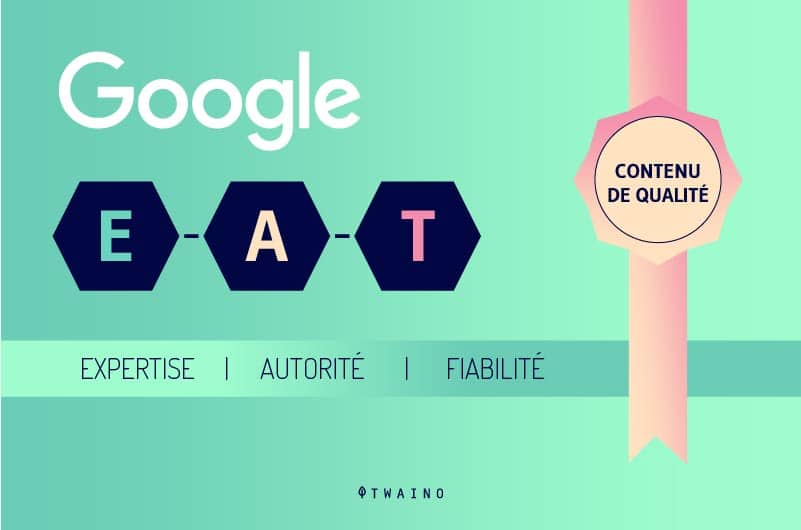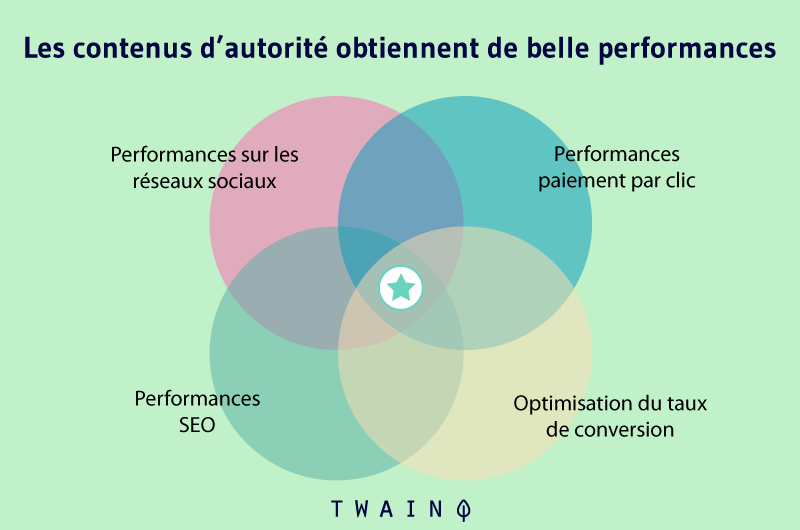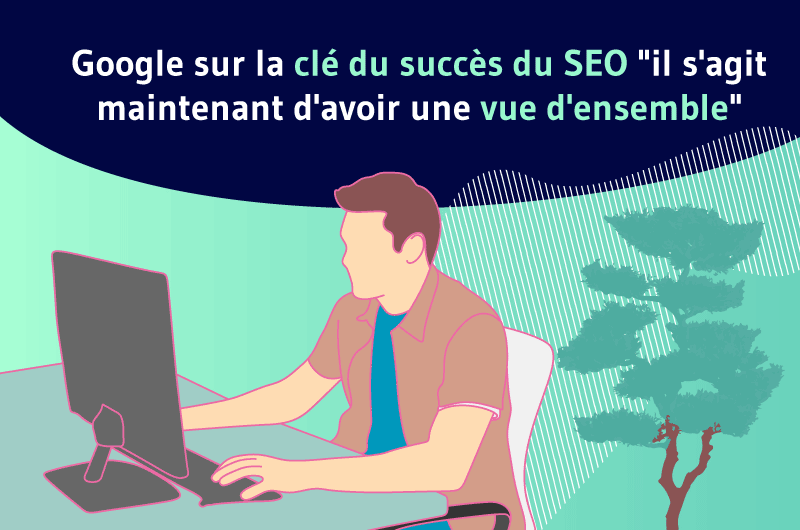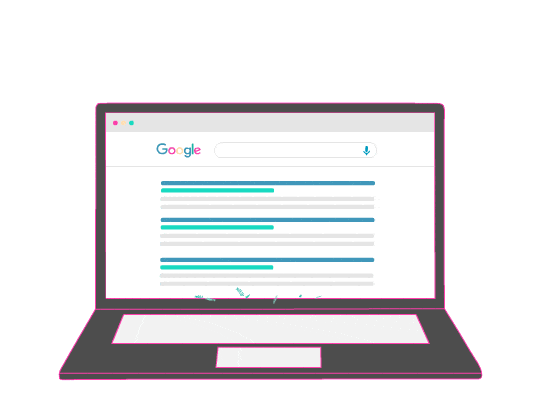Let’s face it, ranking a website among the best in a competitive niche is a long-term job. And to get there faster, some SEOs tend to focus on key signals.
But is this really the right strategy? Not according to Google’s Search Engine Relations team, who recently shared their vision of SEO in the Search Off the Record podcast.
According to them, you need to take a holistic, all-encompassing approach to SEO success. In this article, I’ll summarize the key points of this podcast.
Search Off the Record’s latest podcast on the key to SEO success
This podcast is a behind-the-scenes look at the inner workings of Google Search for SEO professionals and other online marketers.
The latest episode, dedicated to updates and rankings in Google, featured the expertise of Google’s Martin Splitt, John Mueller and Danny Sullivan.
Asked what the key to SEO success is, the team members were unanimous on this answer:
“The key to your SEO success is to publish authentic content and think about ranking in terms of concepts, rather than individual signals.”
While this answer may come as a surprise to some, it’s in line with what Google has been recommending to content creators for some years now. Remember the concept of EAT (expertise, trust and authority) content.

Although this has been known for ages, SEOs are continually looking to identify the specific signals that will help propel their sites to the top of the SERPs and gain traffic. Wouldn’t that make SEO even simpler?
That’s just it! Google sees things differently. The surest way to achieve dazzling success in SEO is to produce high-quality content that will satisfy your readers first and foremost.
Think of SEO as the big picture
Most of the time, SEO professionals are preoccupied with specific ranking factors that have a direct impact on SEO.
Instead of trying to understand everything to the letter, Mueller believes the best way is to think holistically.
He stated:
“For a lot of our boards, it’s now about looking at the big picture, because it seems that from a technical point of view, things are often quite reasonable. It’snow a matter of getting that overall picture to take the right shape, so that when users arrive, they feel that this is a useful site.”
Sullivan adds that it’s important to look at the big picture, as search is based on several systems.
“Just know that we’re going to try to share more information, so that you can better understand the systems out there and, you know, hope to succeed with them.”
Content remains king, as long as it’s authentic
Creating content is all well and good, but with so much content being published on the web every day, publishing authentic content is even better.

The term “authentic” came up again and again in the debates. Mueller emphasized the need to create authentic content not only for SEO, but also to differentiate yourself online against AI content.
He declared:
“But I think today more than ever, having authentic content that you’ve created because you have a real audience in mind and you know it‘s okay.
But I think today more than ever, having that authentic content that you’ve created because you have a real audience in mind that you know will come straight to them, that’s your way to go when you’re trying to navigate this world of evolving ranking systems with Google.
And I also think that, in general, as we move into the world of AI content and so on, it’s going to be helpful.
And that will be useful, but I think the basis will be to continue to point people to authentic information.There’sa strong demand for that, and that’s going to be the key to your success.”
Create user-centric content
If keywords are the engine of a piece of content, user intent is undoubtedly the fuel that powers that engine. In other words, user intent is central to content and SEO.

This is exactly what Mr. Sylvain emphasized during the podcast:
“You have to put yourself in the shoes of someone coming to this content and know what they’re going to be thinking.
I just wanted to know where I should park. How do I get there? How long do I have to stay there?
I think it’s more important to sit down and say: If I were someone coming here, would I be satisfied? Did I really write this for a real person, that I’m thinking about my audience?
And if you’re doing that, and you really feel like the way you’re doing it is working, and you’re getting feedback from your audience, that’s great. Just do it. Just do it. Keep it up, okay?“.
It’s Splitt’s turn to remind us that the goal of SEO isn’t just to format your web page so that it ranks at the top of the results.
He added:
“…you’re trying to do something for your users and improve it, so that even a search engine, which is hopefully a less intelligent being than the people using the website, can understand the quality of the page.”
To sum up
To conclude, the key to SEO is not only to consider SEO as a whole, but also to create authentic content that can satisfy search intent.



